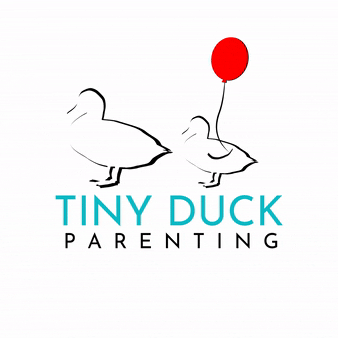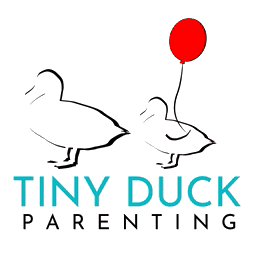Quacktastic Greetings, Wise Tiny Duck Parents!
The great sleep saga continues, and if you’re the parent of a toddler, you know the intricate dance it involves. But when should you worry about your toddler not sleeping? Is the nightly bedtime battle just a phase, or are there signs that something more significant is at play? Join us on a sleep adventure where we uncover the secrets to peaceful slumber for your little one.
The CDC Sleep Recommendations by Age: Unveiling the Magic Numbers
One of the golden keys to solving the sleep puzzle is knowing how much sleep your toddler actually needs. The CDC offers helpful guidelines on recommended sleep duration by age:
- Infants (4-12 months): 12-16 hours per 24 hours
- Toddlers (1-2 years): 11-14 hours per 24 hours
- Preschoolers (3-5 years): 10-13 hours per 24 hours
Keeping these numbers in mind can help you gauge whether your toddler’s sleep patterns are aligning with their developmental needs.
Benefits of Sleep: Why it’s Worth the Hassle
Before we dive into the “when to worry” territory, let’s remind ourselves of the incredible benefits of a good night’s sleep for your toddler:
- Brain Boost: Sleep enhances cognitive development, memory, and problem-solving skills.
- Immunity Armor: Adequate sleep helps strengthen your toddler’s immune system, keeping the sniffles at bay.
- Mood Mastery: Well-rested tots tend to be happier, more emotionally resilient, and less prone to tantrums (a win-win for everyone).
The Risks of Sleep Deprivation: What Happens When Sleep Gets Shortchanged?
Now, let’s explore the flip side of the slumber coin. When your toddler isn’t getting enough shut-eye, it can lead to a host of issues, including:
- Behavioral Challenges: Sleep-deprived tots may exhibit mood swings, irritability, and an increased likelihood of meltdowns.
- Cognitive Delays: Inadequate sleep can impact your toddler’s ability to learn, focus, and retain information.
- Physical Health Concerns: Poor sleep can contribute to obesity, as it affects hunger-regulating hormones and appetite.
- Weakened Immunity: A tired body is more vulnerable to infections and illnesses.
When to Worry: Red Flags for Sleep Concerns
Now, let’s get to the nitty-gritty. When should you worry about your toddler’s sleep? Keep an eye out for these signs:
- Consistent Sleep Deficiency: If your toddler’s sleep consistently falls short of the CDC’s recommended guidelines for their age, it’s time to investigate.
- Frequent Night Wakings: Regular disruptions during the night that lead to sleep deprivation can be a cause for concern.
- Daytime Sleepiness: If your toddler is overly cranky, drowsy, or falls asleep in unusual places during the day, it’s a signal to look into their nighttime sleep quality.
- Developmental Delays: If you notice that your toddler’s growth, learning, or behavior are affected, sleep could be a contributing factor.
- Moodiness and Meltdowns: If your toddler struggles with constant meltdowns and tantrums sleep is so often at play. When your toddler begins to get the sleep their body needs they can then begin working on regulating their emotions.
In the realm of toddler sleep, patience and understanding are your trusty sidekicks. It’s natural for young children to go through very brief phases of sleep disruption, but when those phases persist and begin to impact their well-being, it’s time to take action. Seek advice from a healthcare professional, explore sleep training techniques, and establish a consistent bedtime routine to promote better sleep for your tiny treasure.
In the end, worry less and rest assured, dear Tiny Duck Parents. By understanding your toddler’s sleep needs and recognizing when to take action, you’ll be well on your way to creating a sleep paradise for your little one.
Until next time, keep those dreamy ducklings cozy and content!





